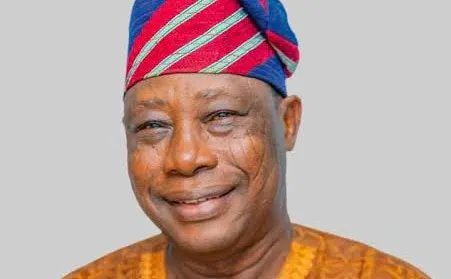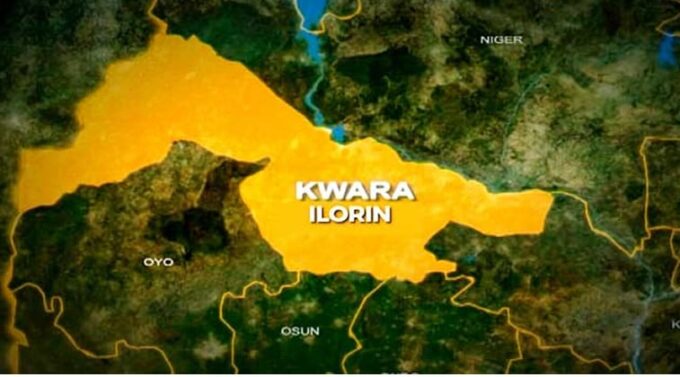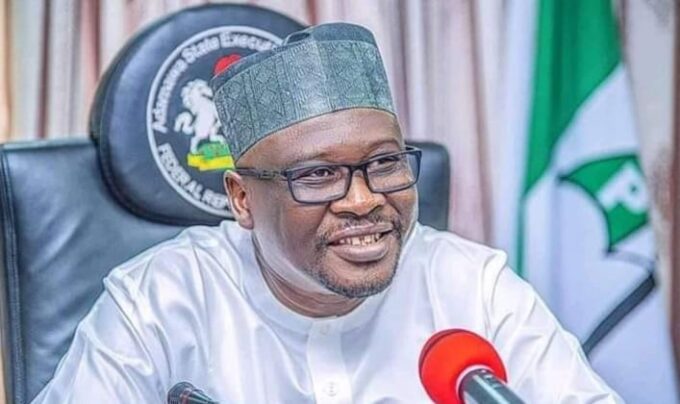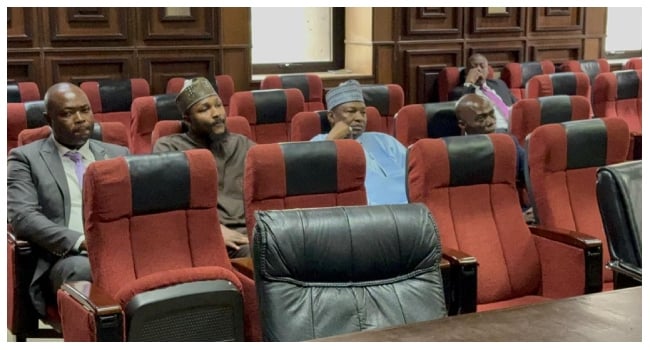
The Oyo State Government on Thursday conferred the title of Justice of the Peace on 345 distinguished citizens, urging them to see the honour not merely as a title but as a solemn call to duty and service to humanity.
The state Deputy Governor, Bayo Lawal, gave this advice during the conferment ceremony held at the House of Chiefs, Parliament Building, Secretariat, Ibadan, the state capital.
He also warned against infringing on the scope of their responsibilities, saying the conferment could be withdrawn if misused.
Lawal said, “To be singled out as one of the recipients for the conferment tells all that you are a man of peace. It shows your track records are clean and that you are not associated with any form of crime.
“I urge you to take the title seriously as it has its source from the constitution. Hence, discharge your duties responsibly. Take your time to find sources of documents before you swear an oath, assign signatures and stamps to avoid signing an illegal document.
“This award is withdrawable, so take your time to study the booklet on the conferment of the title. Do not do anything to infringe the guidelines and avoid turning it into a business venture,” the deputy governor further warned.
The deputy governor advised them to study the JP manual diligently in order to effectively carry out their functions and serve as credible ambassadors of justice.
He therefore congratulated them and urged them to take the title seriously.
In his address, the state Commissioner for Justice and Attorney General, Abiodun Aikomo, emphasised that beyond carrying the title of JP, the office represents a higher responsibility to ensure justice and fairness in society.
He encouraged the newly conferred JPs to remain steadfast, committed to fairness, and dedicated to promoting justice across the state.
“The title ‘Justice of the Peace’ is not a decorative badge of social status; it is a functional tool for social engineering. This administration, under the leadership of Governor Seyi Makinde, is committed to the ‘Rule of Law’ as a pillar of the Omituntun 2.0 agenda.
“However, I must sound a note of caution. The authority granted to you must be exercised with the utmost humility. This administration maintains a zero-tolerance policy for the abuse of office. A JP must never be a ‘local tyrant’.
“In the context of this state, you are the ones reinforcing that pillar at the grassroots. Whether you are de-escalating land disputes in our rural farming communities, mediating commercial friction in bustling markets like Bodija or Akesan, or diligently certifying documents to protect citizens from fraud, your work ensures the structural integrity of our legal system. Without your commitment to fairness at the local level, the grand architecture of the law cannot stand,” he stressed.
Representing the state Chief Judge, Justice Adedeji Ishola reiterated that the office of the JP demands strict adherence to laid-down principles.
Delivering an enlightenment lecture on the responsibilities of a JP, Prof Adeniyi Olatunbosun described the office as an emblem of peace and a moral anchor for society.
In her vote of thanks, the Permanent Secretary, Ministry of Justice, Olubunmi Oluwatoyin, expressed appreciation to the State Government, the Judiciary, and all stakeholders for their support in making the event a success.


















Leave a comment